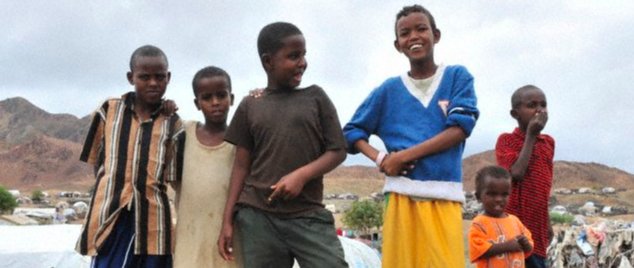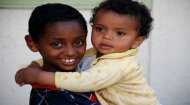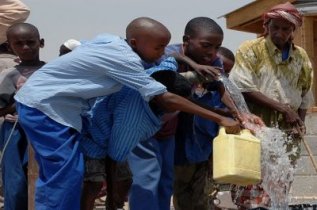
|
Child Sponsor Djibouti |
Child Sponsor Djibouti |
Child Sponsor Djibouti | Child Sponsor Djibouti |
Explore all about the small nation of Djibouti on the east of Africa in pictures, videos and images.
More >
|
|

|
Various types of sponsor programs operate within Djibouti, each tailored to specific needs and ranging in their approach. The most commonly recognised is individual child sponsorship, where a sponsor provides specific support to the well-being of a particular child. While the funds are pooled to support broader community programs, the sponsor receives updates about their sponsored child, fostering a powerful personal connection. This model allows sponsors to witness the direct impact of their generosity on a specific life. Another significant approach is community-based sponsorship, where contributions are directed towards larger, collective projects within a designated area, benefiting many children simultaneously. This might involve funding for a new school building, a water well, a health clinic, or vocational training centers. Less direct but equally vital, thematic sponsorship focuses on a specific area of intervention, such as supporting all educational initiatives across a region, investing solely in maternal and child health programs, or funding initiatives for child protection and safety. Each model, while differing in its focus, shares the common goal of uplifting children and their communities from poverty. The impact of child sponsorship on individual children's lives in Djibouti is profoundly transformative. At the most fundamental level, sponsorship can ensure access to education. This means covering school fees, providing uniforms, textbooks, and essential stationery, and sometimes even offering tutoring or supplementary learning programs. For a child who might otherwise be working to contribute to family income or simply unable to afford school, this provides the critical key to literacy and future opportunities. Beyond education, sponsorship significantly improves health and nutrition. Children gain access to regular health check-ups, necessary vaccinations, and medical treatment for illnesses that might otherwise go untreated. Nutritional support often comes in the form of school feeding programs, direct food aid, or education for families on balanced diets, combating the pervasive issue of malnutrition. Furthermore, sponsorship programs often focus on child protection, creating safe spaces, raising awareness about child rights, and helping to safeguard children from exploitation, abuse, and early marriage. By providing a stable, supportive environment, sponsorship nurtures a child's self-esteem, instils hope, and broadens their perception of what is possible for their future, allowing them to envision a life beyond their immediate struggles. The benefits of child sponsorship extend far beyond the individual child, creating a powerful ripple effect that transforms entire communities in Djibouti. When a child attends school, their family experiences reduced financial strain and often gains a sense of hope and pride. Improved health outcomes for children mean fewer missed school days and reduced healthcare burdens on families. Community-based sponsorship initiatives, in particular, lead to tangible improvements in shared resources. The construction of new schools or the renovation of existing ones creates better learning environments for all children, not just those directly sponsored. New water points provide clean drinking water, diminishing waterborne diseases and freeing up time typically spent fetching water, especially for women and girls. Health clinics offer vital medical services, improving overall public health. These collective investments foster a sense of empowerment and ownership within the community, encouraging self-reliance and sustainable development. As children grow up educated and healthier, they are better equipped to contribute positively to their families and their communities, breaking cycles of poverty and building a more resilient future for everyone. |









